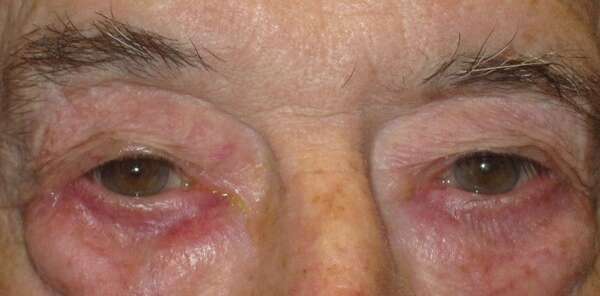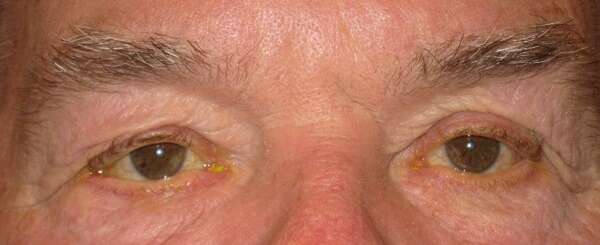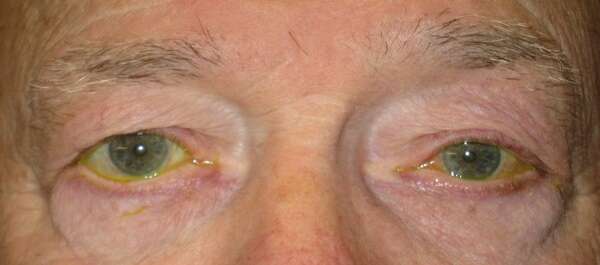Have you ever experienced persistent eye irritation or noticed your lower eyelid turning outward, exposing your eye to the elements? This could be a condition known as ectropion. While it might sound unfamiliar, ectropion is more common than you might think and can lead to significant discomfort if not treated.
What Is Out-turning of the eyelid?
Ectropion happens when the lower eyelid turns outward, exposing the inner surface of the eyelid to the air. This isn’t just a minor cosmetic issue—it leaves your eye vulnerable and unprotected. A healthy eyelid rests snugly against the eye, but that natural shield is compromised with ectropion. Imagine walking outside on a windy day with your eyes wide open; it’s like that, but constant.
Common Symptoms of Ectropion
Dealing with ectropion can be frustrating, and the symptoms can disrupt your day-to-day life. Some signs to watch for include:
- Persistent eye irritation and a gritty feeling
- Dryness and discomfort from being exposed to the air
- Watery eyes due to excessive tearing (ironically, this happens because the eye tries to stay moist)
- Redness and swelling along the inside lining of the eye
- Sensitivity to light, wind, and even slight temperature changes
These symptoms are more than inconvenient—they can lead to chronic irritation and, if ignored, potential damage to your eye.
What Causes Out-turning of Eyelid Ectropion?
Understanding why ectropion happens can be eye-opening (pun intended). Here are the most common causes:
- Aging: The aging process naturally leads to weaker muscles and less elasticity in the skin. Over time, this can cause the lower eyelid to droop and turn outward.
- Facial Paralysis: Conditions that affect the facial nerves, like Bell’s palsy or strokes, can weaken the muscles around the eyes, leading to ectropion.
- Scarring and Injuries: Previous trauma or surgeries near the eye can leave behind scar tissue that pulls the eyelid out of place.
- Previous Surgeries: Ironically, procedures aimed at improving the eyelids, such as lower eyelid blepharoplasty, can sometimes lead to ectropion as an unintended side effect.
- Infections: Severe or long-lasting eye infections can damage the surrounding tissues, causing the eyelid to lose its natural position.
How Is Out-turning of the eyelid Treated?
Treating out-turning of the eyelid can range from simple, non-invasive solutions to more detailed surgical approaches. The right option depends on how severe the condition is and what’s causing it.
Non-Surgical Treatments: For mild cases or temporary relief, non-surgical treatments can help manage the symptoms:
- Lubricating Eye Drops and Ointments: These help keep the eye moist and reduce irritation.
- Moisture Shields: Wearing protective eye shields during sleep can prevent further irritation overnight.
Surgical Treatments: Surgery may be necessary when non-surgical options aren’t enough. Here are some standard surgical methods:
- Eyelid Tightening (Lateral Tarsal Strip Procedure): This technique tightens the eyelid, helping it stay in its proper position.
- Skin Grafting: If there isn’t enough skin to support the eyelid’s natural position, a skin graft may provide the necessary support.
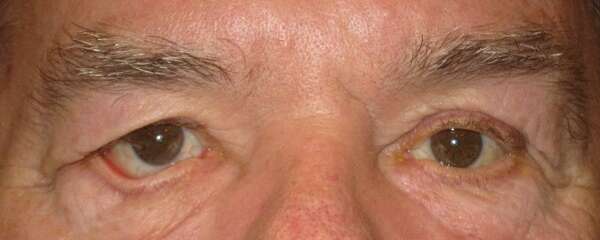
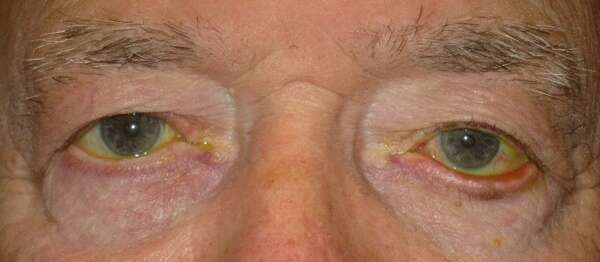
Why Surgical Expertise Matters
Choosing the right surgeon can make all the difference in treating ectropion. The eyelid is a complex structure, and repairing it requires precision and a deep understanding of eye anatomy. Dr. Alexander Rabinovich is a trusted expert in this field, known for his meticulous approach to treating eyelid conditions.
About Dr. Alexander Rabinovich
Dr. Rabinovich is well-regarded for his specialized care in treating eyelid conditions like ectropion. His patient-focused approach ensures that every individual receives a tailored treatment plan that addresses the functional and aesthetic aspects of eyelid repair. Additionally, he works with 1199SEIU Benefit and Pension Funds, making his services accessible to more people.
How to Schedule a Consultation
If you or someone you know is dealing with ectropion, seeking prompt care can prevent further complications. Dr. Rabinovich’s office can be reached through the website’s chat feature, on ZocDoc, or by calling 1 718 375 69 33. Don’t let eye discomfort control your life when effective treatment is just a message or phone call away.
Ectropion isn’t just a cosmetic issue; it affects the comfort and health of your eyes.
Addressing it sooner rather than later can make all the difference. Reach out to Dr. Alexander Rabinovich for specialized care and a path to relief.
BEFORE
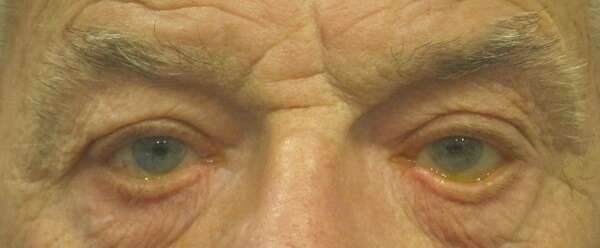
AFTER
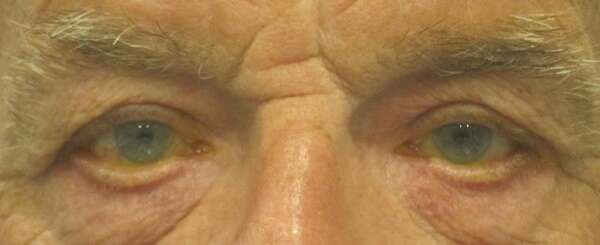
BEFORE
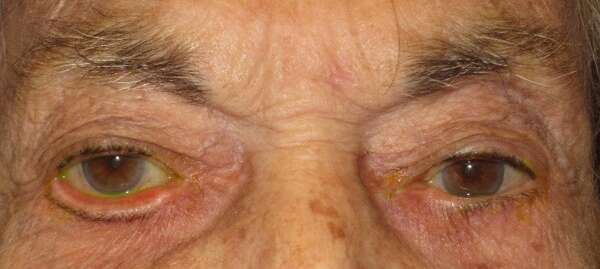
AFTER
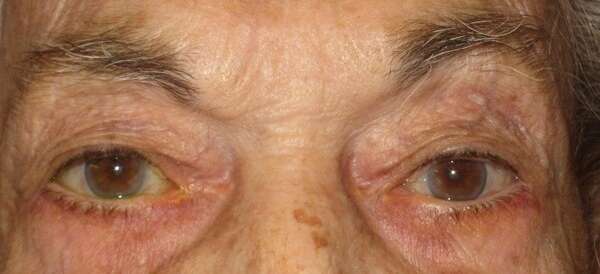
BEFORE
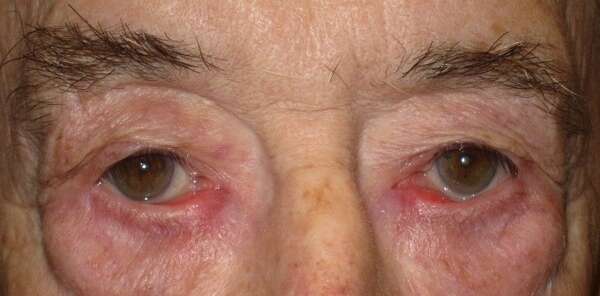
AFTER
